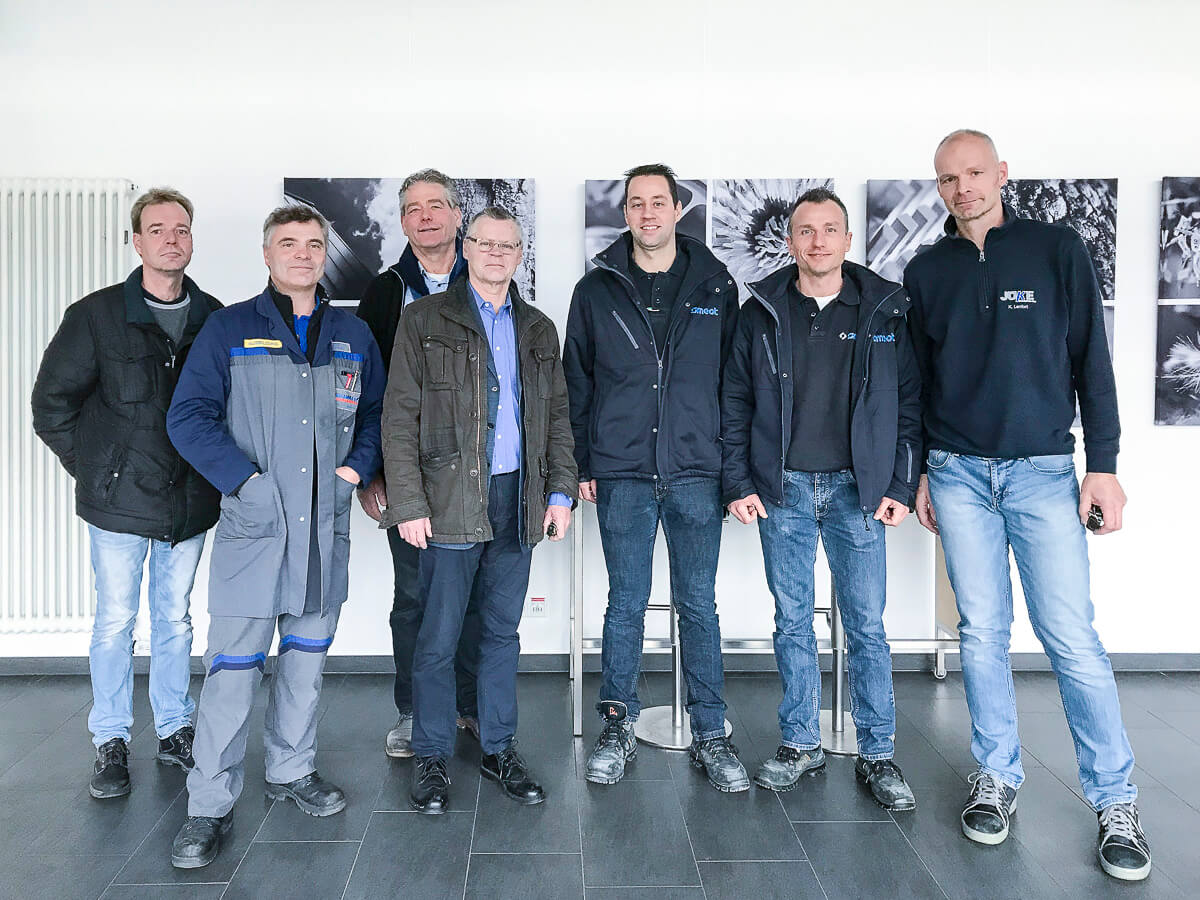The Dutch border is only 60 km away. Cross-border cooperation in the Euregio has therefore existed for a long time and in many different areas such as tourism, business and science. There are many projects that can show how enriching it is for everyone to work together across borders. The idea of cooperation is always at the center of such projects – and the differences between the respective national systems hardly play a role.
Two of the current funded projects are tailored to young people in apprenticeship. The projects “Learning Euregio” and “Learning without Frontiers” support cross-border activities of schools and companies that are striving to build up a joint educational offer in the long term. These projects offer German and Dutch vocational schools in the border region Gronau-Enschede the opportunity to qualify their trainees cross-border as part of their own training.
This is done by
– the promotion of exchange, encounter and cooperation,
– the creation of a joint German-Dutch qualification program
– the organization of transnational placements, and
– regional certification.
The technical schools of the Steinfurt district, the ROC van Twente and the SMEOT (Stichting Metaal- Elektro Opleidingen Twente) – MBO-vakschool voor Metaal, Mechatronica en Elektrotechniek have joined forces for an interesting cooperation project for apprentices in the profession of industrial mechanics and have put together a package of cross-border activities. Committed training companies on the German side were still needed for implementation. Training in the Netherlands takes place both in theory and in practice at vocational schools. Germany, on the other hand, is known for its dual training system in schools and companies. Schmitz Cargobull AG and JÜKE Systemtechnik GmbH are convinced of the project’s objectives and are participating in the project.
After an initial phase of getting to know the apprentice and their supervisors, selected projects are now on the way for implementation. In a joint workshop, the trainees developed several proposals for implementation projects and presented them to a selection committee. In the end it was decided that the Dutch side should develop and draw a sophisticated large grill so that it can be built on the German side at Schmitz and JÜKE. Conversely, a beverage table with integrated cooling compartment and automatic can dispenser will be developed and designed in the technical schools of the Steinfurt district and built in the SMEOT. After the successful completion of this phase, two technical devices are available that fit together perfectly and can be tested for their excellent function at the closing event. And last but not least, the schools have also gained a great deal of experience which can be incorporated into a cross-border curriculum.

